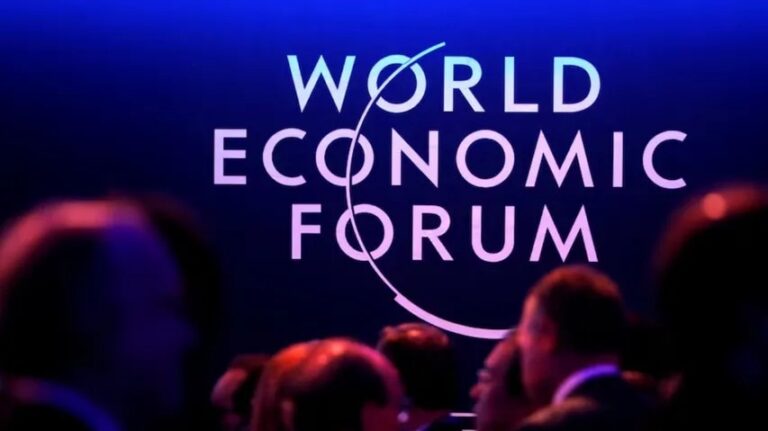The World Economic Forum (WEF) today released its Global Cybersecurity Outlook 2025 report, highlighting the increasingly complex and unpredictable landscape of cyberspace. The report identifies critical challenges, from supply chain vulnerabilities to AI-powered threats, and highlights the urgent need to strengthen cyber resilience.
Key takeaways from the report:
1. Supply chain vulnerabilities:
More than 54% of large companies cite supply chain interdependencies as a key barrier to achieving cyber resilience. The interconnected nature of supply chains exposes companies to cascading risks, exacerbated by increased reliance on digital tools.
2. Geopolitical tensions:
As global instability increases, one in three CEOs cite cyberespionage and intellectual property theft as a top concern. Nearly 45% of cyber leaders are concerned about disruption to business processes and operations.
3. AI paradox:
66% of organizations expect AI to have a significant impact on cybersecurity, but only 37% have a process to assess AI security risks before deployment. This discrepancy highlights gaps in preparedness against AI threats.
4. Sophisticated threat landscape:
The rise of generative AI (GenAI) is amplifying cyber risks, with nearly 47% of organizations citing GenAI-powered attacks as a primary concern. Threats such as ransomware and disinformation campaigns are becoming increasingly complex.
5. Segmentation of regulations:
While regulation strengthens resiliency, 76% of chief information security officers (CISOs) say fragmented policies can create compliance issues and hinder proactive cybersecurity efforts That’s what I think.
6. Employee challenges:
The cyber skills gap will increase by 8% in 2024, with two-thirds of organizations lacking sufficient talent to meet security demands. Only 14% of companies report having adequate cybersecurity expertise.
The report emphasizes a shift in focus from traditional cybersecurity measures to cyber resilience, defined as an organization’s ability to reduce the impact of major cyber incidents. “Cooperation between public and private stakeholders is paramount to ensuring the benefits of digitalization for everyone,” said WEF Managing Director Jeremy Jurgens.
Paolo Dal Cin, Global Lead, Accenture Security, emphasized the role of leadership, saying: “Cybersecurity threats are more complex and unpredictable than ever before. A proactive, security-first mindset is essential to overcome these challenges.”
The report also reflects on the 2022 cyber attack on Costa Rica that served as a wake-up call. Paula Bogantes Zamora, Costa Rica’s Minister of Science, Innovation, Technology and Telecommunications, said: Strengthening the ecosystem through regional collaboration is essential. ”
These findings are in line with WEF’s broader agenda at its 2025 Annual Meeting, to be held in Davos, Switzerland, from 20 to 24 January.


